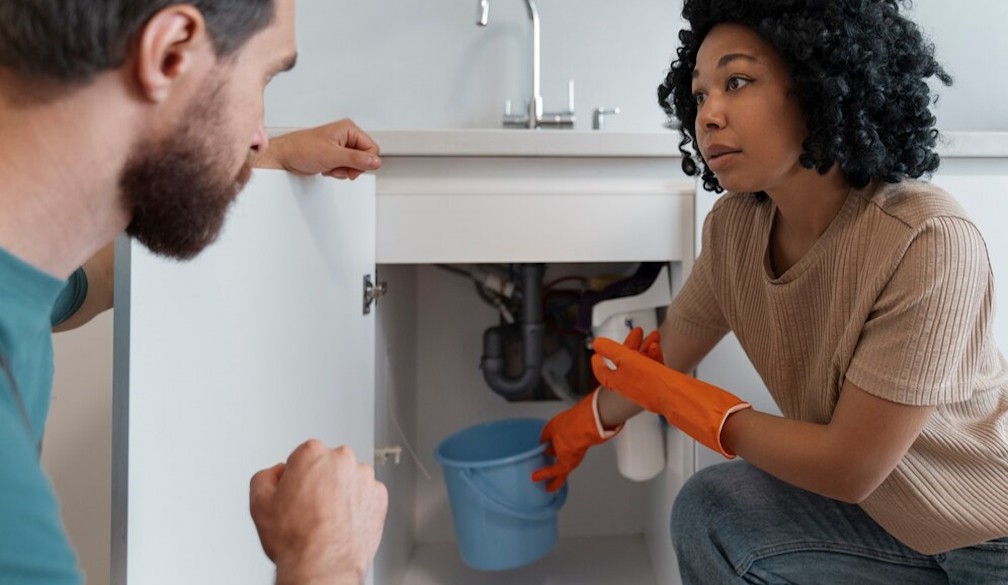
Blocked drains are a common household and commercial issue that can lead to inconvenient disruptions and, in severe cases, costly damage to property. Understanding the causes behind blocked drains is crucial for prevention and efficient resolution. As a Mawson Lakes plumber with extensive experience in blocked drain repairs, I’ve encountered a myriad of reasons for blockages. This article aims to shed light on these causes, helping you maintain a smooth-running plumbing system.
Common Causes of Blocked Drains
- Hair Build-Up
Hair is one of the leading culprits in shower and bathroom sink blockages. When hair mixes with soap scum and other debris, it can form significant blockages in pipes. Regularly clearing out hair from drain covers can prevent these blockages from developing.
- Grease and Fat
Kitchen sinks often fall victim to blockages due to the improper disposal of grease and fat. These substances can solidify within the plumbing system, sticking to the pipes' walls and gradually building up until water can no longer pass through. Disposing of grease and fat in the trash instead of down the sink is a simple measure to prevent such issues.
- Food Waste
Similar to grease and fat, food particles that are washed down the sink can accumulate and cause blockages, especially if there's no garbage disposal unit installed. Even with a disposal unit, certain types of food waste, such as coffee grounds and eggshells, can create problems.
- Foreign Objects
Small objects or materials that shouldn’t be flushed down the toilet or dropped into drains can cause significant blockages. This includes everything from sanitary products to children’s toys. It's important to be mindful of what goes down your drains and toilets.
- Tree Roots
In outdoor plumbing, tree roots can grow into pipes, seeking water sources. These roots can cause blockages and even damage the pipes, leading to more severe plumbing issues. Regular checks by a professional plumber can help identify and address such problems before they escalate.
- Mineral Build-Up
In areas with hard water, minerals can deposit inside pipes, reducing flow and eventually leading to blockages. Water softeners can mitigate this issue, but in severe cases, pipes may need to be replaced to restore proper water flow.
Preventive Measures and Solutions
Preventing blocked drains often involves regular maintenance and being cautious about what goes down your drains. Here are a few tips:
- Install drain guards to catch hair and food particles.
- Never pour grease or oil down the kitchen sink.
- Educate your household on what should not be flushed down toilets.
- Schedule regular plumbing inspections, especially if you have large trees near your plumbing lines.
For existing blockages, a variety of methods can be used for blocked drain repairs, from chemical cleaners and plungers to professional snaking and hydro-jetting services. However, for persistent or severe blockages, it’s advisable to consult with a professional plumber.
Conclusion
Blocked drains can be a nuisance, but understanding their common causes can help prevent them. Whether it’s hair in the bathroom, grease in the kitchen, or tree roots in outdoor plumbing, being proactive in maintenance and cautious about disposal can significantly reduce the risk of blockages. For those situations that do escalate, remember that professional blocked drain repairs are a call away. Engaging with a reputable plumber can ensure your plumbing system remains in optimal condition, safeguarding your property from the inconveniences and costs associated with blocked drains.
